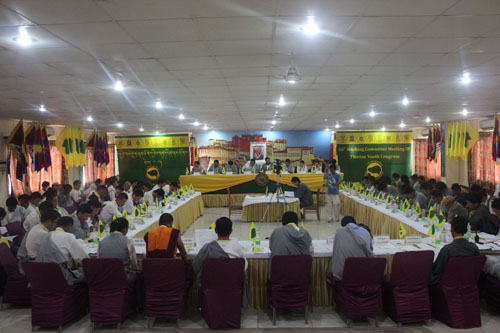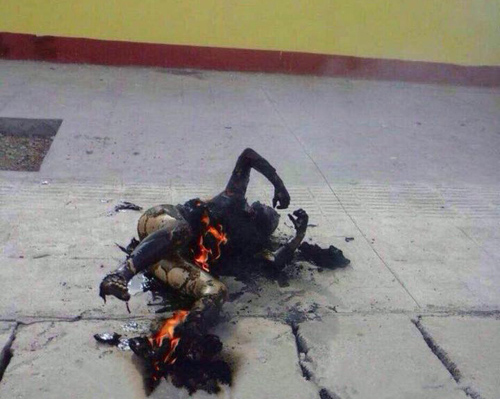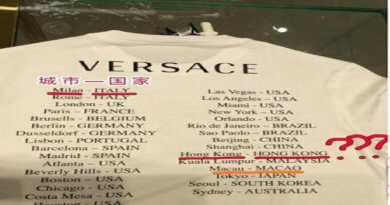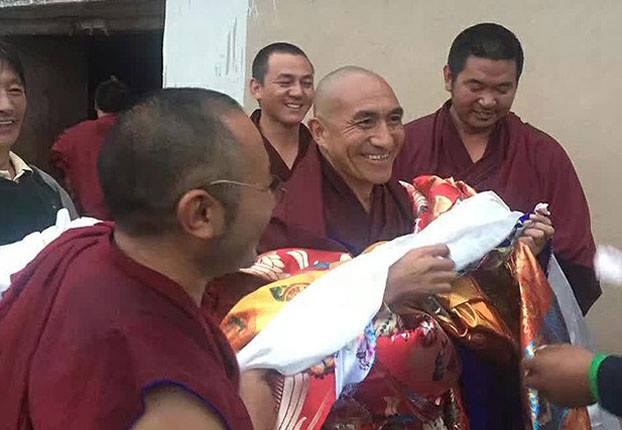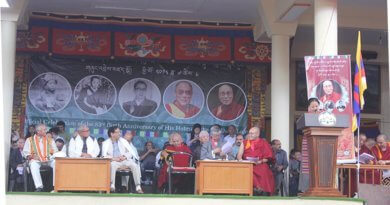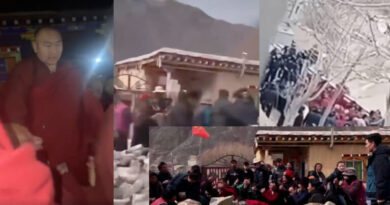Tulku Palden Wangyal, Head Lama of Choegyal Monasteries in Kham Gonjo dies in Chinese custody
By Tenzin Chokyi
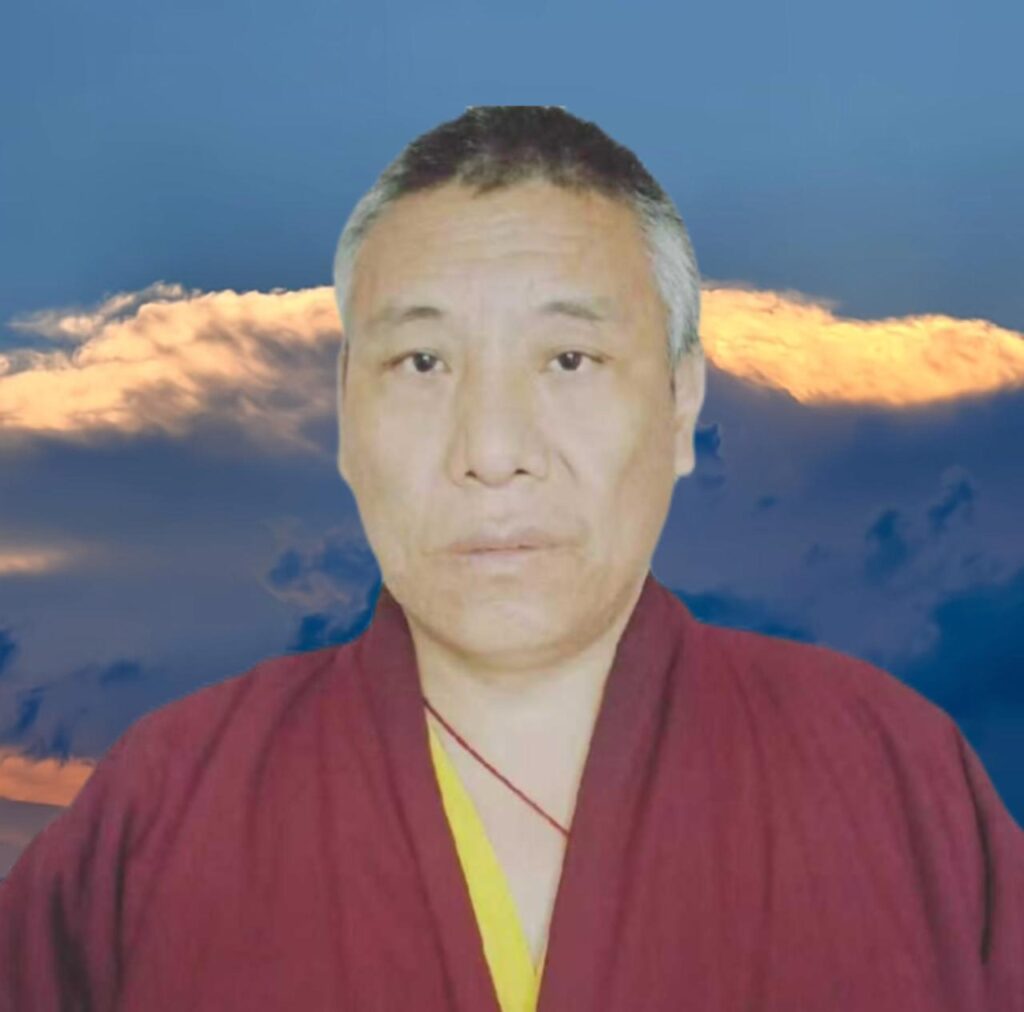
DHARAMSALA, 4 Sept: Tulku Palden Wangyal, the Head Lama of Choegyal Monasteries in Gonjo in the traditional Tibetan province of Kham, has died in Chinese custody after prolonged torture.
According to Tibet.net, the official website of the Tibetan government in exile, Tulku Palden Wangyal, a revered figure among local Tibetans, has passed away on 19th July in a prison in Gansu Province after he was subjected to continuous torture and mistreatment where he was forcibilly moved earlier this year.
The 53-year-old Tulku, who heads several Choegyal Monasteries in the Gonjo region, such as Bo-toe, Gar-dhab, Nyag-le and Shung-Kor is reported to have be an outspoken advocate for Tibetan culture, language and unity among Tibetans. He was greatly revered and respected by the Tibetans for his leadership and welfare initiatives in the region.
While his deep comittment to the welfare of the local Tibetans had earned him great respect, it however, drew suspicion from the Chinese authorities and led to his arbitrary arrest and imprisonment lasting nearly eight years.
He was initially imprisoned in Gonjo County prison and later forcibly taken to the Chamdo and Lhasa areas, where he was subjected to increasingly harsh imprisonment and endless torture.
According to the report, repeated appeals for his release had fallen on deaf ears of the Chinese authorities and had insted led to stricter prohibitions on any contact with him.
While this incident represents a deeply tragic loss for the Tibetan community, the Tulku now joins the long list of Tibetans who have perished in Chinese prisons, often under mysterious circumstances.
The custodial death of Tulku Palden Wangyal reflects a broader pattern of China’s systematic persecution of Tibetan religious leaders and points towards China’s escalating crackdown on monasteries and spiritual figures in occupied Tibet has become an increasingly common phenomenon, as Beijing continues to tighten its control over Tibetan religious and cultural institutions.

